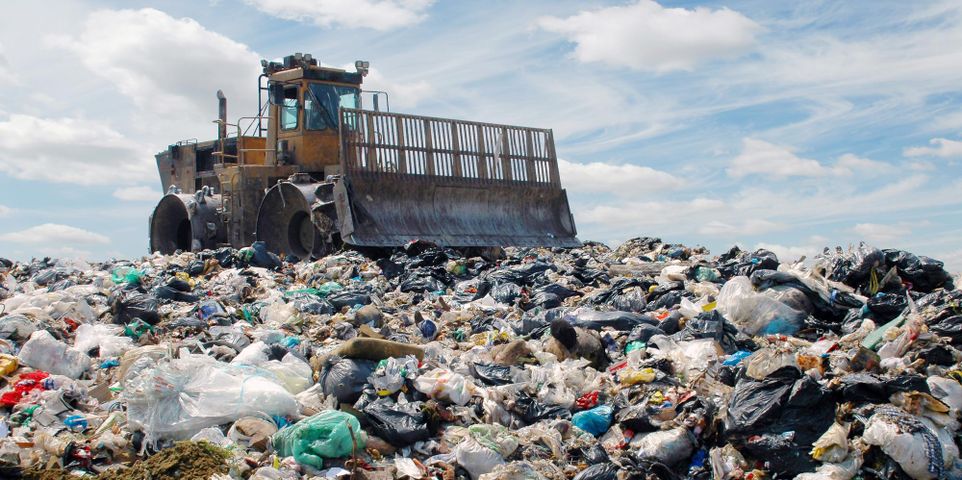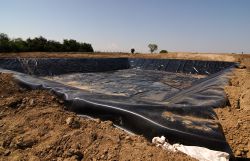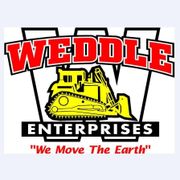
Landfills are a crucial part of safe and effective waste management. These federally-regulated excavation sites are designed to hold various types of materials to minimize environmental pollution. But while these areas may seem like simple holding areas for garbage, its worth noting that they are constructed in a specific fashion to offer a wide range of benefits. If you’re curious about this critical resource, here are a few frequently asked questions about landfills that can shed more light on the subject.
4 Frequently Asked Questions About Landfills
Why are landfills important?
While some waste is recycled or repurposed, the majority of trash will end up a landfill. These excavation sites are designed to contain waste so that it will not contaminate the soil or groundwater. The gas that is produced by deteriorating waste can also be harnessed and reused as a source of energy, helping to reduce the country’s use of fossil fuels.
What happens to waste at a landfill?
When garbage arrives at a landfill, workers place it within an open area of the site. This waste is then buried to keep it from coming in contact with air or moisture. Doing so will slow the pace at which the trash deteriorates, and in turn, reduce environmental pollution risks.
What are the parts of a landfill and how are they built?
For a landfill to operate correctly, a qualified excavation contractor must adequately design it. A proper site should contain:
 A bottom liner: A synthetic plastic to separate the waste from the soil and groundwater.
A bottom liner: A synthetic plastic to separate the waste from the soil and groundwater. - Leachate collection: A graded area on the bottom of the landfill where liquid waste drains and collects. It will later be removed and treated.
- Cells: Sections of land that are used to contain a day’s amount of waste.
- Stormwater drainage: A system that collects stormwater runoff so it can settle before being discharged away from the site.
- Methane collection: Pipes that collect bacteria-produced gas for safe venting or burning.
- Cover: A thick layer of soil that’s applied to cells daily to contain waste and promote vegetation growth.
What are the different types of landfill?
There are a variety of different landfill types that are regulated by the EPA to process specific types of waste. Municipal solid waste landfills, for example, are designed to hold most of the trash produced by the average household, as well as other nonhazardous materials. Industrial sites are for materials that have a commercial purpose—such as construction materials, demolition waste, and coal residuals.
Whether you need to process municipal waste or construction debris, Weddle Enterprises Inc. has the resources to build reliable landfills in the Somerset, KY region. Backed with heavy-duty equipment, these earthwork contractors can create functional excavation sites to hold and process waste. Using refined grading techniques, these sites will provide drainage and runoff collection that is regulatory compliant. To learn more about their excavation and demolition services, visit this contractor online or call (606) 678-4057.
About the Business
Have a question? Ask the experts!
Send your question

